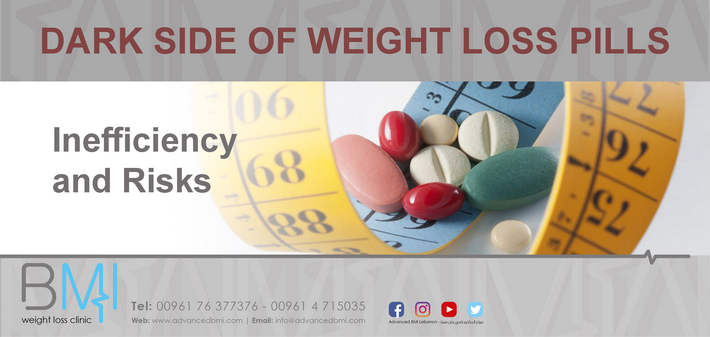Weight loss pills a solution?
In today’s society, the desire to achieve quick weight loss has led many individuals to turn to weight loss pills as a seemingly convenient solution. These pills promise to help shed pounds rapidly, but their efficacy and safety remain questionable. In this article, we will delve into the over-usage of weight loss pills, shedding light on their inefficiency and the potential risks associated with their use.
The Illusion of Rapid Results
Weight loss pills often lure consumers with enticing claims of quick and effortless weight loss. However, it is crucial to understand that sustainable weight loss requires a holistic approach involving a balanced diet, regular exercise, and lifestyle modifications. Relying solely on pills to shed pounds can create unrealistic expectations and a dangerous dependency.
Inefficiency and Lack of Scientific Evidence
Despite the bold promises made by these pills, the scientific evidence supporting their effectiveness is often limited or inconclusive. Many of these pills are marketed as “magic solutions,” but the truth is that weight loss is a complex process influenced by various factors such as genetics, metabolism, and individual habits. Thus, relying on pills alone rarely leads to significant and long-term weight loss.
Health Risks and Side Effects
These pills can pose a range of health risks and unpleasant side effects. Some common side effects include digestive issues, nausea, insomnia, increased heart rate, and elevated blood pressure. Furthermore, certain weight loss pills may contain hidden ingredients or stimulants that can have adverse effects on the cardiovascular system, liver, or kidneys. It is crucial to note that these risks can vary depending on the specific product and an individual’s health status.
Lack of Regulation and Transparency
The weight loss industry is flooded with countless brands and products, making it challenging to discern which ones are safe and effective. Unlike pharmaceutical drugs, weight loss pills are often classified as dietary supplements, which means they are not subject to the same rigorous testing and regulation by health authorities. This lack of oversight can leave consumers vulnerable to misleading claims, ineffective products, and potentially harmful substances.
Promoting a Healthy Approach
Rather than relying on weight loss pills, it is essential to adopt a sustainable and healthy approach to weight management. This includes embracing a balanced diet rich in whole foods, regular physical activity, proper hydration, and sufficient sleep. Consulting with healthcare professionals, such as registered dietitians or physicians, can provide personalized guidance and support in developing a realistic weight loss plan.
Weight loss drugs: Failed promise?
Weight loss pills may promise quick results, but their inefficiency and potential risks should not be ignored. Opting for a holistic approach that focuses on healthy lifestyle choices is key to achieving sustainable weight loss. By prioritizing balanced nutrition, regular exercise, and consulting professionals, individuals can embark on a safe and effective weight loss journey that promotes overall well-being.
Remember, there are no shortcuts when it comes to weight loss. Embrace a healthy lifestyle, be patient, and celebrate the progress made along the way. Your body deserves genuine care and nourishment, rather than relying on quick-fix solutions that may do more harm than good.









